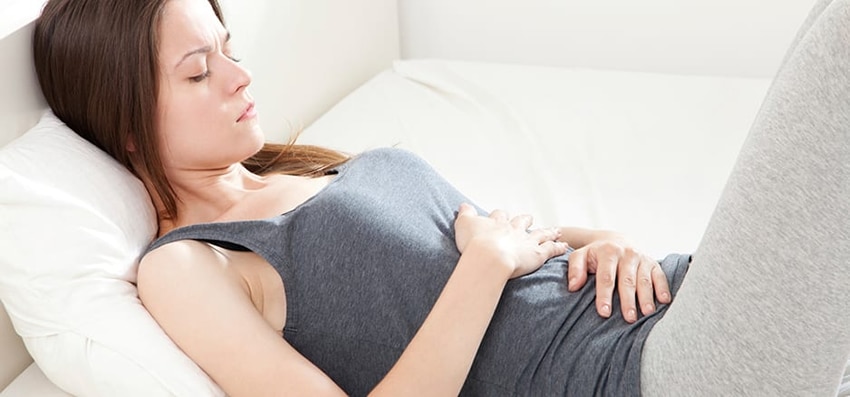It helps relieve symptoms by holding them in their correct position. Surgical intervention In severe cases where conservative measures fail or when POP significantly affects a woman’s quality of life, surgery may be necessary. Empowering Women Coping with Pelvic Organ Prolapse Pelvic organ prolapse (POP) is a common condition that affects many women worldwide. It occurs when the muscles and tissues supporting the pelvic organs, such as the uterus, bladder, or rectum, weaken or become damaged. This can lead to these organs descending into or protruding from the vagina. Living with POP can be challenging for women both physically and emotionally. However, there are various ways in which women can empower themselves while coping with this condition.
Firstly, education plays a crucial role in empowering women dealing with POP. Understanding what causes POP and how it affects their bodies allows them to make informed decisions about their treatment options. By educating themselves about different treatments available – including lifestyle changes, physical therapy exercises, pessaries (devices inserted into the vagina to support pelvic organs), or surgery – they can actively participate in discussions with healthcare professionals and choose what works best for them. Support groups also play an essential role in empowering women coping with POP. Connecting with other individuals who share similar experiences provides emotional support and reassurance that they are not alone in their journey. Support groups offer a safe space where women can openly discuss their concerns without fear of judgment or stigma associated with this condition.
Sharing stories and advice helps build resilience among participants while fostering a sense of community. Physical therapy is another powerful tool for empowering women living with POP. Specialized pelvic organ prolapse exercises designed to strengthen the pelvic floor muscles help improve symptoms by providing better support to the affected organs. Physical therapists trained in treating pelvic floor disorders guide patients through tailored exercise programs that address individual needs effectively. In addition to physical therapy exercises, adopting healthy lifestyle habits empowers women managing POP by reducing symptoms and improving overall well-being. Maintaining a healthy weight through regular exercise reduces pressure on weakened pelvic muscles while promoting cardiovascular health at large. Dietary choices also play an important role; consuming fiber-rich foods and staying hydrated helps prevent constipation, which can worsen POP symptoms.




